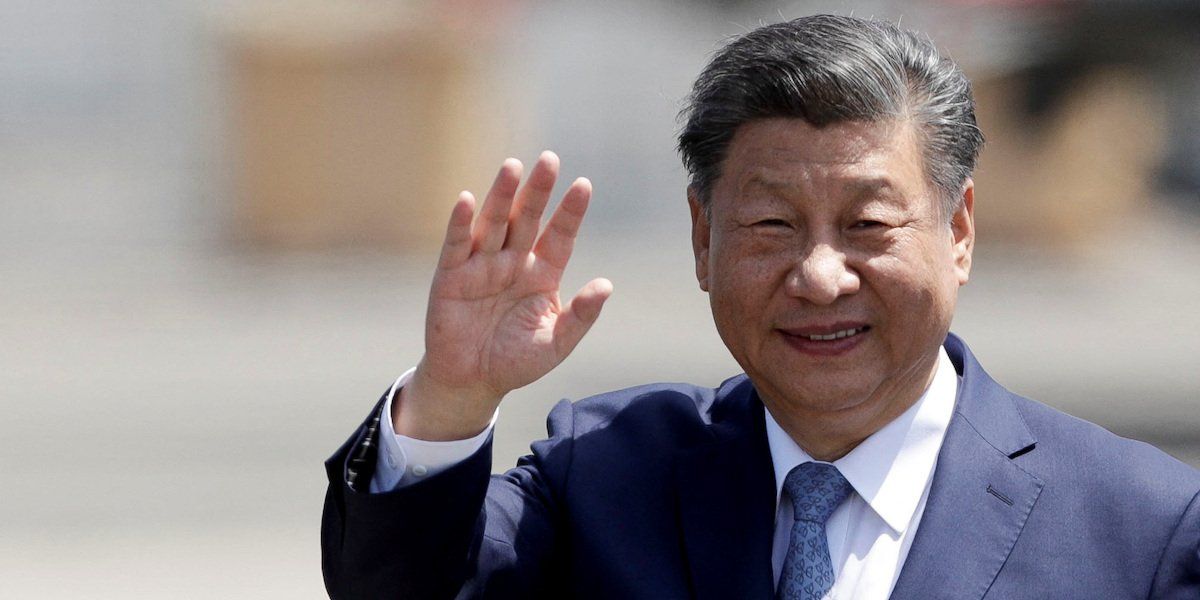At the Asia-Pacific Economic Cooperation forum in Lima, Peru, this week, the specter of Donald Trump’s proposed tariffs is looming large over the proceedings.
Trump, who believes import duties are a way to gain leverage over adversaries while spurring domestic manufacturing, has threatened tariffs as high as 60% against China and universal 10%-20% tariffs for other US trade partners. He has also appointed a series of China hawks to his Cabinet.
China is preparing aggressive countermeasures, including using an “anti-foreign sanctions law,” which allows Beijing to match measures taken by other countries and to place US companies on an “unreliable entity list” for foreign companies that have national interests. It is also expected to implement export controls on resources like rare earth minerals and lithium, which are critical components in modern technologies.
Joe Biden will attend the summit on Friday and Saturday, and his message of America’s desire to cooperate on trade, climate change, and poverty is likely to fall on deaf ears as members prepare for Trump 2.o. On Saturday, Biden — who kept most of Trump’s China tariffs in place and is expected to further tighten semiconductor restrictions before leaving office — will meet with President Xi Jinping. But with just a few weeks left of his presidency, expectations are low that much will come from the meeting.
“The reality is that Biden and Xi made meaningful progress in at least stabilizing the decline in the bilateral relationship, if not improving it,” says Eurasia Group’s China director, Lauren Gloudeman. “But the biggest initial risk once Trump takes office is that all of those channels that were restored for bilateral communication under Biden will most likely be frozen as soon as the new administration comes in.”
We will also be watching to see if Biden meets with Taiwan’s representative on the sidelines. Taiwan’s fate is uncertain under Trump, and Gloudeman says it’s unclear “whether he’s going to seek to pressure Taiwan to increase its own defense spending, or whether he sees Taiwan as almost a bargaining chip in some kind of broader negotiations with China.”
